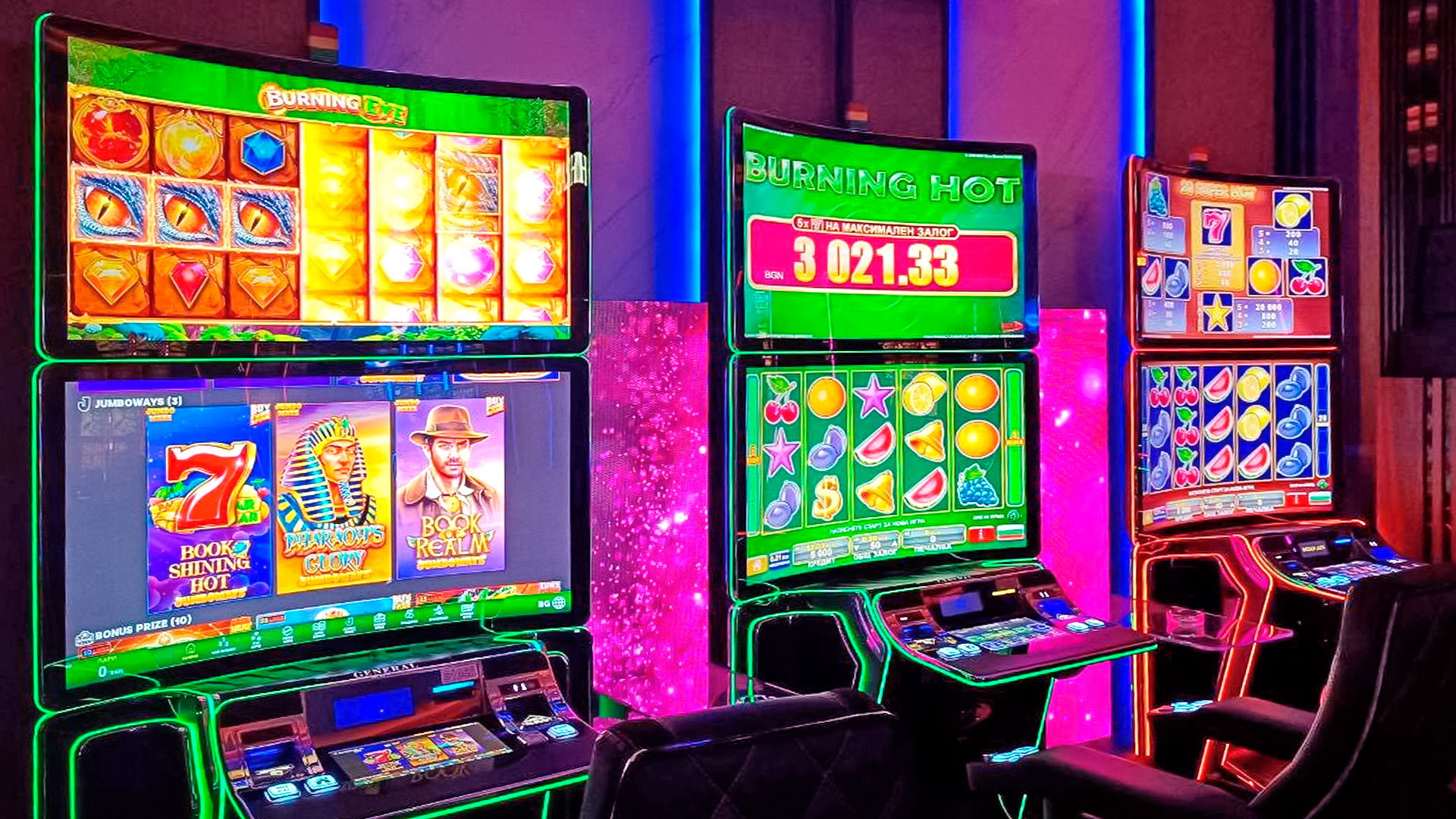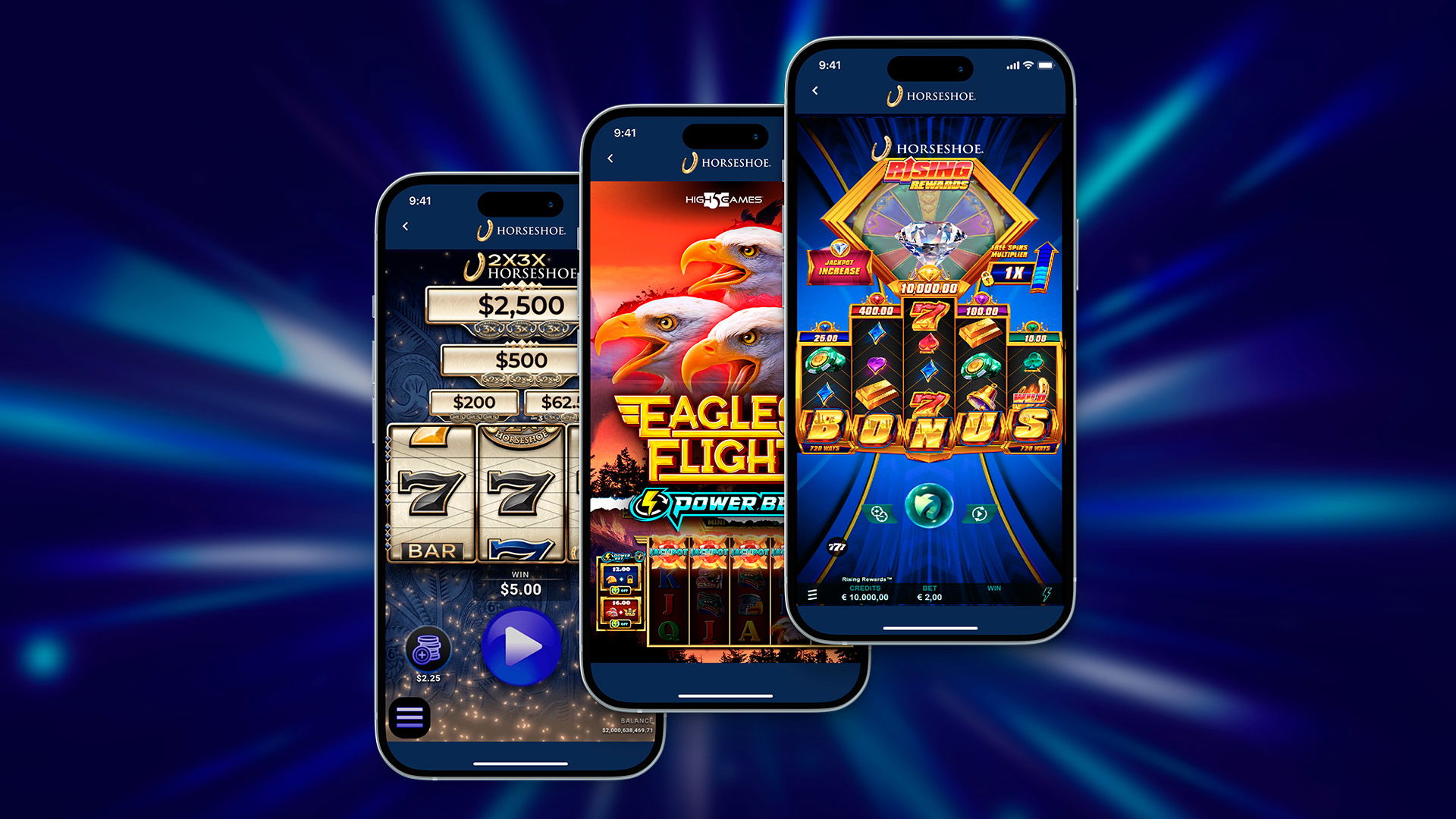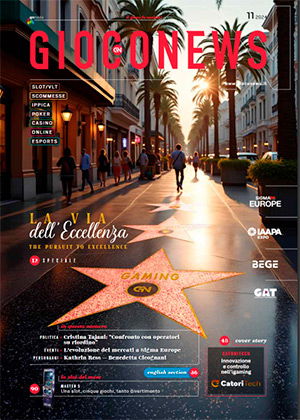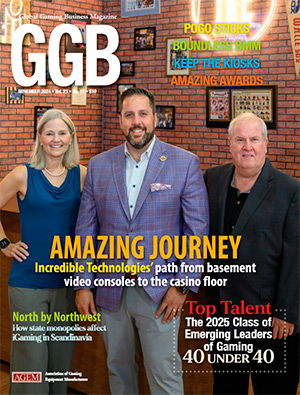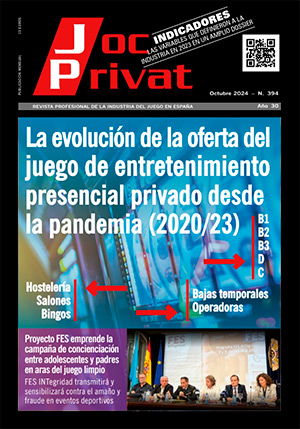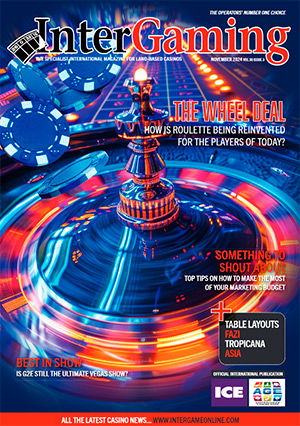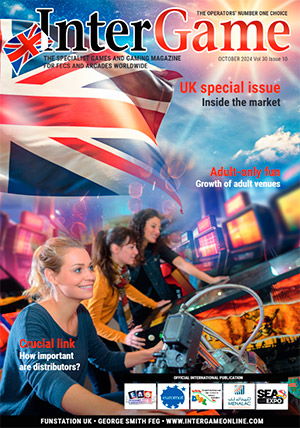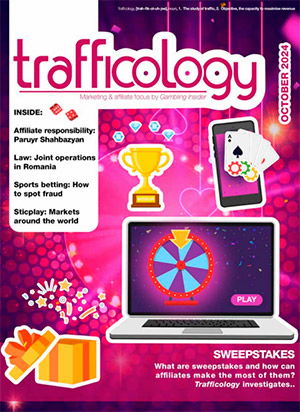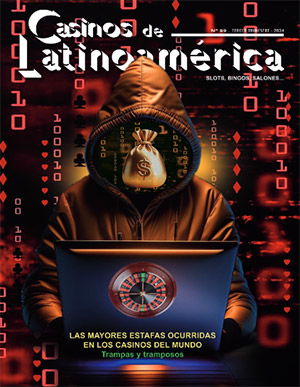UKGC research shows 44 percent online users gambled on mobile in the past four weeks
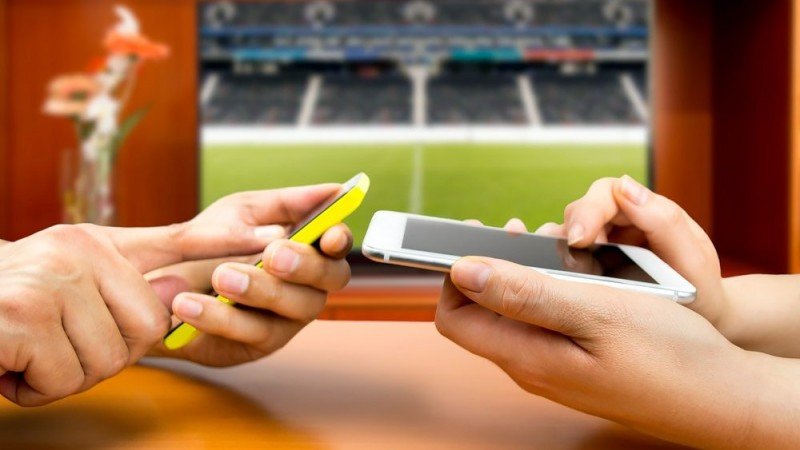
The UK Gambling Commission has posted the third in a series of blogs, ‘Move to mobile’ exploring the impact the widespread use of smartphones has had on the gambling industry
During the last two decades, the use of mobile phones has grown rapidly, changing the way UK citizens live and manage their lives. Research by Ofcom shows that 78% of adults used a smartphone in 2018, up from 39% in 2012. Since 2016, smartphones have overtaken computers as the most popular method for going online, and mobile phones are the device that consumers say they would miss the most (Ofcom).
At the same time, the ease with which people can gamble has increased dramatically due to the continuous innovation and evolution of technology, breaking down barriers to gambling.
The UKGC’s most recent annual participation statistics show that 44% of online gamblers had reported gambling on mobile in the past four weeks, almost double the rate recorded when we began tracking this data in 2015 (23%).
UKGC recent research about why people gamble and how gambling fits into their lives, conducted by 2CV, provided some insights about the role played by mobile phones in gambling behavior. These insights move beyond the statistics by revealing more about how people think and feel about gambling via their mobiles, how this behavior fits into their lives and how it relates to other activities.
Some of the conclusion shown in Move to Mobile include:
People recognize benefits as well as risks of mobile gambling
One of the key findings from the 2CV research was that for many people, using their smartphone has allowed them to gamble away from traditional gambling premises. For some, this has made gambling ‘a more comfortable moment’, such as playing bingo at home on the sofa or betting on football in the pub. Participants in the research said that this means they can gamble easily at any time (what we describe as ‘low friction’) compared to location specific destination gambling (‘high friction’).
Despite an appreciation of the ‘low friction’ benefits of mobile gambling, some participants were also worried about the implications of being able to gamble at any time with a mobile. Their concerns centred around:
- Mobile gambling being a part of their lives and hard to avoid
- The 24/7 availability of mobile gambling leading to repetitive and binge play (for instance on instant win games or online casino games)
- No staff being there while they gamble to try and stop them from gambling too much
“I had a bit of a bingo phase where I was just sitting on it in the evening and playing it for hours at a time. I was on a bit of a winning streak and I even found myself talking on the group chat with the other players” 30, Male, North England, Occasional Player
“The ease of apps has changed it massively to be anywhere and everywhere. Growing up it was only shops in locations. This makes it easier for you to be doing two things at once. You had to make time, effort and a journey to do it not too long ago!”
30, Female, Midlands, Occasional Player
Participants talked about how mobile gambling has removed environmental barriers to gambling, meaning that it can be done privately, without judgement or intervention. Some participants felt that mobile gambling might encourage people to gamble on certain products when they might previously have felt excluded, such as women in bookmakers and men in bingo halls, while others spoke openly about occasions where the removal of these environmental barriers had facilitated repetitive play and the rapid accumulation of wins or losses.
Despite this, participants were still more likely to think that problem gambling is linked to ‘destination’ gambling (at a premises) than mobile gambling. This suggests a need for awareness raising and education about how gambling via smartphones could lead to risky or problem behaviour.
People view mobile gambling as similar to social media and gaming, where it sits alongside all aspects of their mobile life.
Social media, gaming and gambling were spoken about in similar terms because of the way they all occupy moments of ‘me time’ during the day, for example when people are bored, passing the time on their commute or unwinding in front of the TV. These types of activities are frequently undertaken on the same device and sometimes as part of the same session, as people swipe through their webpages or apps.
“When I’m bored, on my phone and I've checked all the groups I might see the app and go on there to play” 38, Female, London, Frequent Player
Among participants who were gamers, some talked about gambling features which are included in games (roulette spins in mobile games to win ‘extra lives’ etc.) as well as loot boxes. These similarities between gambling and gaming could lead to gambling becoming more socially acceptable – particularly among younger people and those heavy gamers.
“You get roulette-style wheels in games like Candy Crush – that’s quite similar to gambling. Loot boxes are probably the closest thing to gambling in games” 29, Male, London, Occasional Player
The research also found that many people use multiple screens at once whilst gambling. This is very common for UK adults - 63% of UK adults report using other devices while watching TV (statistica.com).
“I don’t do it all the time, but I tend to use apps on my phone like Sky Bet or Sky Casino and have a quick go. Usually, if I’m unwinding in front of the telly.” 34, Female, Midlands, Occasional Player
“I'll be sat in front of the TV and I will just have my phone out and I will be just keeping one eye on it while I'm watching TV and playing the slot machines over and over.” 32, Female, North England, Frequent Player
According to the UKGC, the blog aims to add to thinking and the discussion on the changing ways in which people access and interact with mobile gambling. In an increasingly ‘always on’ society, smartphones will continue to impact the way that consumers interact, with gambling behavior being just one aspect of the connectivity that people are increasingly taking for granted.



